TEHRAN(Bazaar) –Shireen Tahmaasb Hunter, a professor of political science at Georgetown University, tells in the context of US politics in general the issue of the JCPOA is not important and reviving it would not have any electoral benefits for Biden and the Democrats and might even cause some damage.
She says: “But electoral considerations are not the major barrier on the way of reviving the JCPOA. Regional and energy politics are more significant. One price of US-Saudi reconciliation might very well be the abandonment of the JCPOA.”
Following is the text of the interview:
Bazaar: A draft anti-Iran resolution backed by Europe and the United States has been sent to the International Atomic Energy Agency's Board of Governors, Reuters reported. Do you think such a resolution will be issued?
Hunter: It is difficult to say whether the IAEA would pass a resolution against Iran. The talks in this regard might be to pressure Iran into concessions. On the other hand, the passing of a resolution might be the first step in the implementation of a plan B. I believe that Iran should take the threat of a resolution and possibly, even the sending of its Dossier to the UN Security Council seriously. And it should take measures to prevent it.
Bazaar: Some news sources, including Axios, have reported that the Biden government is unlikely to support the resolution because the dialogue with Iran is not closed. What is your assessment?
Hunter: If the US was not willing to support a potential resolution, it would not have floated the idea and enlisted the Europeans' cooperation. It should also be kept in mind that the regional landscape in the Middle East has shifted against Iran because of the Ukraine war. Joe Biden's visit to Saudi Arabia and the US decision to sign a security pact with the UAE shows that Washington has decided to prioritize relations with Arabs over reviving the JCPOA. The role of Israel has also been important in this shift, Tel Aviv has campaigned hard for the US-Saudi rapprochement. It hopes that this will convince Riyadh to establish official and open ties with the Jewish state. The JCPOA could be the sacrificial lamb.
Bazaar: Before the important meeting of the IAEA Board of Governors, Rafael Grossi, the director-general of the IAEA, paid a visit to Israel. Following the visit, Israel announced that it would defend itself in the event of a failed diplomacy with Iran and the failure of the IAEA to suspend Iran's nuclear program and that Tel Aviv was committed to halting Iran's nuclear program. What is your assessment of this trip and this Israeli statement?
Hunter: Expectations that the US would have ignored Israel's concerns regarding the JCPOA was always unrealistic. As I have been saying over the years, Iran cannot expect any end to sanctions and a return to normal international relations without altering its position regarding Israel and stopping what the West sees as its destabilizing activities in the region. Similarly, Iran cannot expect to want to expel the US from the region and not be faced with America's retaliatory actions. This is how states behave.
Bazaar: Given the current situation, some experts believe that the best way out of the current situation is a temporary agreement for reviving the JCPOA. What is your assessment?
Hunter: I don't see much of a chance for such a deal. The fact is that Iran is nowhere close to having a bomb or the ability to retaliate effectively against an attack by Israel or America. Sanctions have always been about weakening Iran and forcing it to change its behavior. I doubt that the US would be willing to give an economic breathing space by agreeing to a temporary agreement.
Bazaar: The closer we get to the midterm congressional elections, the less American interest in a nuclear deal with Iran. Because even with a proper agreement, Biden will not be able to persuade the opposition inside that not to give concessions to Iran. What is your opinion on this?
Hunter: In the context of US politics in general the issue of the JCPOA is not important. Reviving it would not have any electoral benefits for Biden and the Democrats and might even cause some damage. But electoral considerations are not the major barrier on the way of reviving the JCPOA. Regional and energy politics are more significant. One price of US-Saudi reconciliation might very well be the abandonment of the JCPOA.
In fact, Iran's problems in the region and internationally cannot be resolved without a major change in its overall foreign policy and the adoption of a policy which prioritizes Iran's interests over transnational concerns.

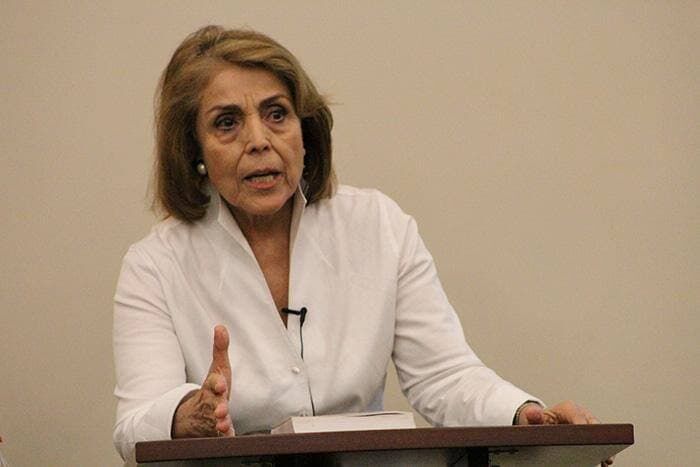




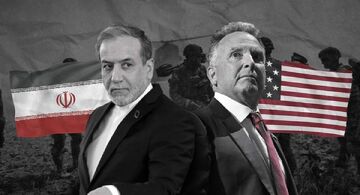
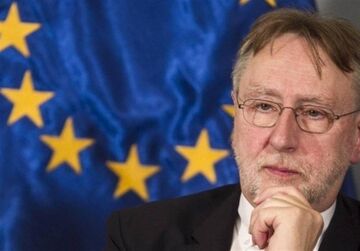
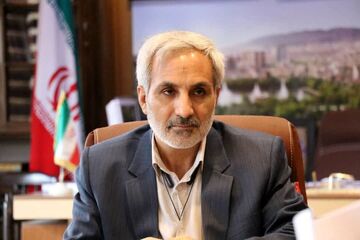



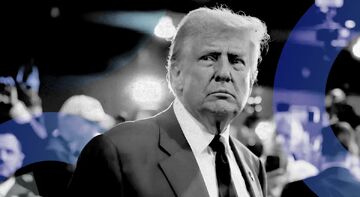
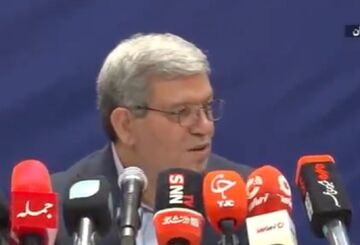
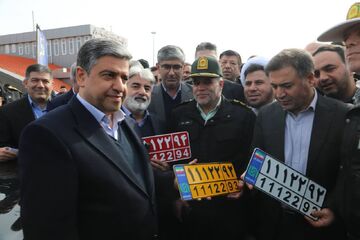

نظر شما